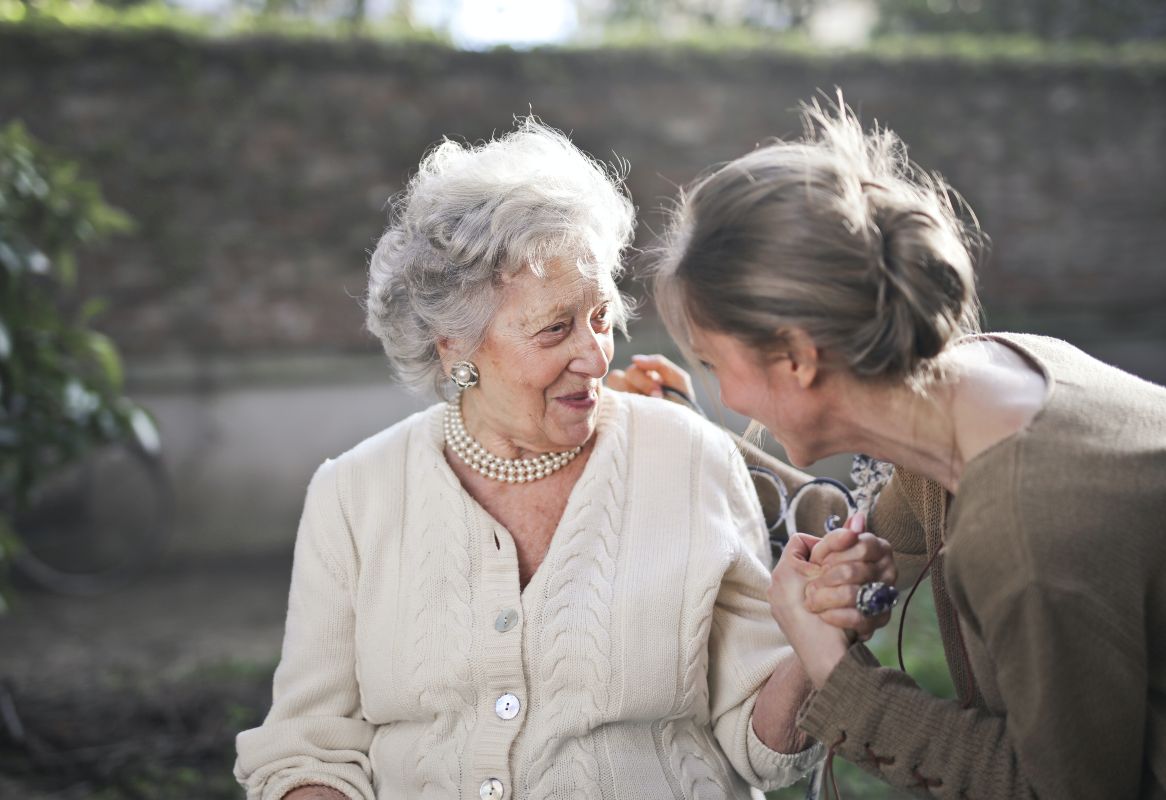
Even in the simplest of estates, though, the responsibilities involved can be quite onerous – and getting things wrong can make even the executor personally liable.
It’s therefore normally recommended to get professional assistance with this task. From a tax point of view, this assistance will help an executor deal with such matters as:
■ Preparing the deceased’s final (“date of death”) tax return.
■ Determining if income received after the deceased’s death is to be returned in the deceased’s final tax return or the tax return of the deceased estate (including capital gains).
■ Working out the rate of tax to be paid on income that is assessable to the trustee of a deceased estate.
■ When a deceased estate tax return is not required to be prepared.
■ When the “estate is finalised” so that any income and assets from the estate can be distributed to beneficiaries
Professional advice also helps you decide, as an executor, whether assets of the deceased should be realised in the estate (assuming the deceased’s will allows for this) or whether they should instead be distributed to beneficiaries.
This, in turn, may allow for gains and losses from such assets (particularly extensive shareholdings and other investments) to be dealt with in a way that legitimately brings about the best tax outcomes.
Finally, in relation to what is often the deceased’s most valuable asset – their home – good tax advice is invaluable to ensure that the relevant CGT exemption can be properly applied or that any liability can be reduced.
So again – if you’re ever appointed an executor of a deceased estate, don’t go it alone. Get proper advice even in what seems like a simple estate
If you or someone you know needs help with becoming the executor of a deceased estate , contact the team at GFA.

